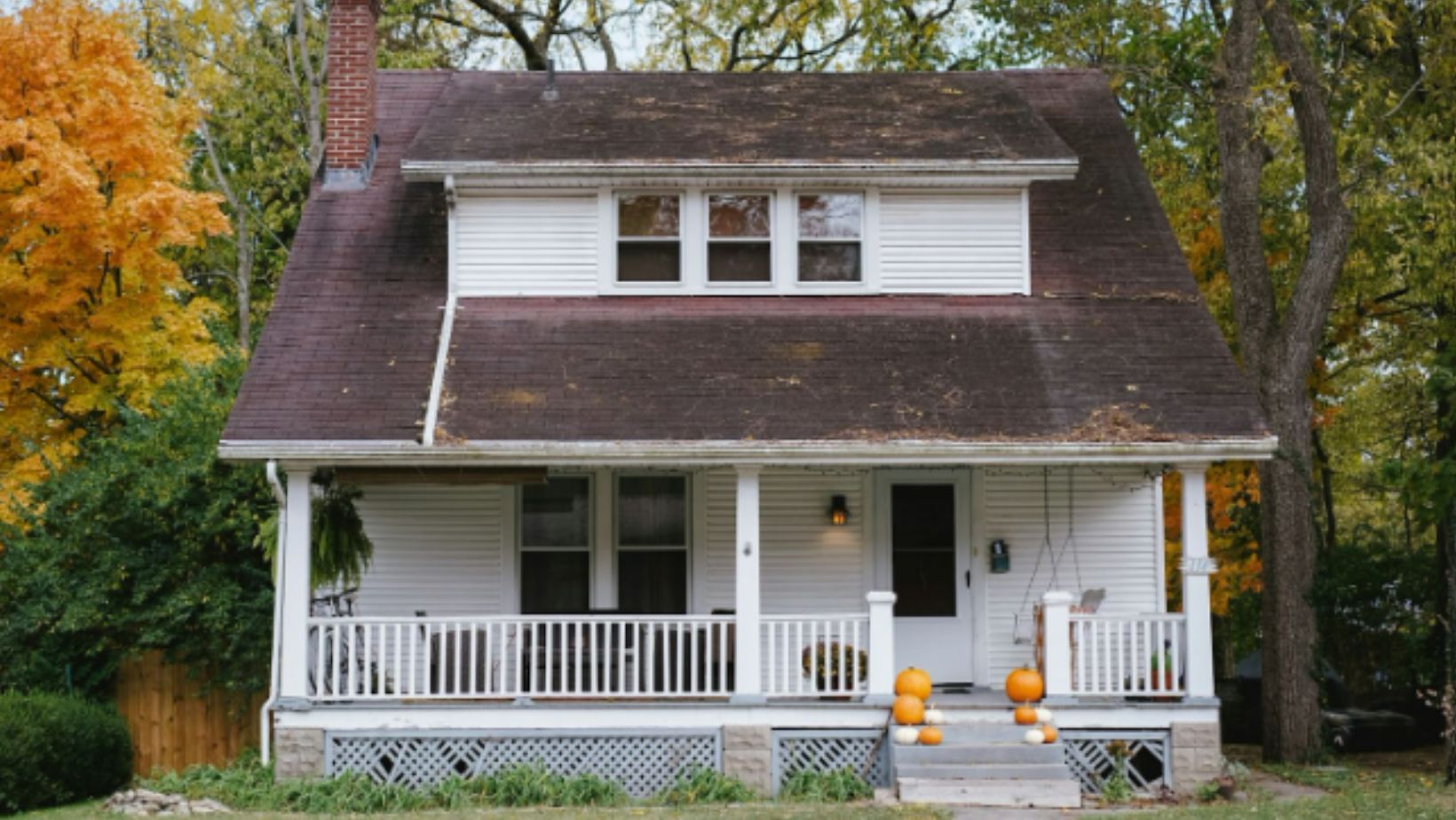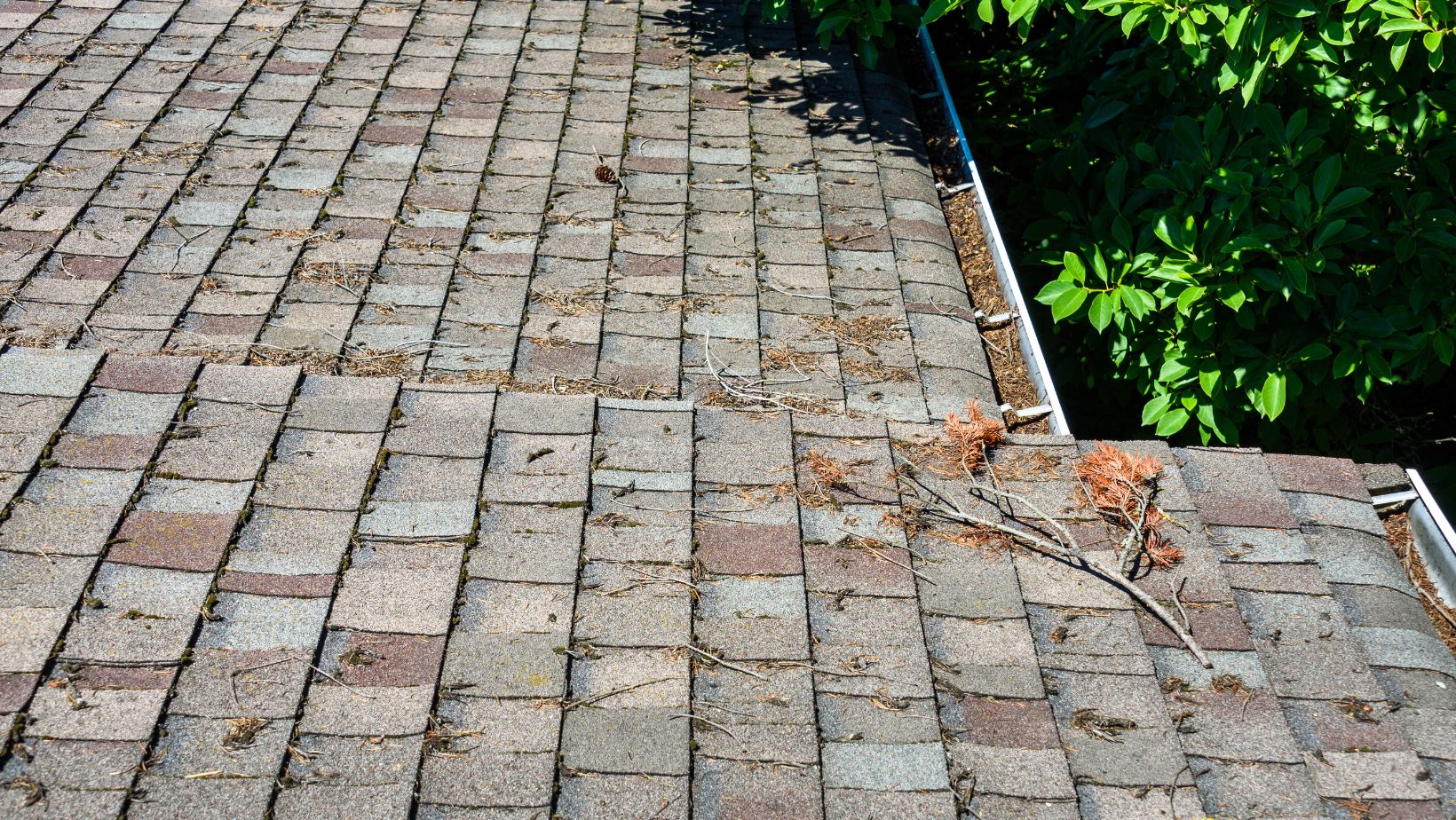
For first-time homeowners, caring for a roof can be intimidating. The roof is integral to your family’s safety and comfort, so ensuring it’s in excellent condition is necessary. If you’re a new homeowner, here are seven valuable roof maintenance tips you need to know.
Know Your Roof
As a new homeowner, you may not be familiar with your roof—the materials used, age, and other pertinent details. A roof’s lifespan depends on various factors, such as roofing materials, quality of installation, underlayment, ventilation, and weather elements. Be sure to check when your roof expires so you can have it replaced right away.
Inspect it Regularly
Regular inspection is a vital component of roof care. Check it at least twice a year or more if you live in an area with extreme weather. Inspect it for symptoms of wear and tear, such as damaged shingles, damaged plumbing vent boots, rusted gutter, algae growth, loose step flashing, and rusted chimney flashing. If you need to replace your shingles, read up on how to measure a roof for shingles to ensure you have the dimensions required to secure the right materials.
Develop a Budget
Even if you don’t hire a roof professional, roof maintenance can be costly. Create a budget dedicated to your roof to prevent you from dipping into your household savings.

Research how the different roofing materials cost and the usual price of a total roof replacement. You should also factor in the expenditures associated with regular cleaning, inspections, and simple repairs.
Keep Yourself Updated
While you don’t have to master every roof feature, it will significantly help if you take the time to learn the basic terminology. Understanding them can help you efficiently communicate with your roofing contractor and other professionals. It can also prevent misunderstanding and lessen the chance of getting scammed by providers. Some terms you need to know include underlayment, decking, flashing, facets, and fascia.
Clean Your Roof
The changing seasons and weather can significantly affect your roof’s performance. It is, therefore, vital that you make it a habit to clean it regularly, especially after harsh weather and climate events. Remove debris, such as twigs and leaves, and check for mildew, algae, moss, and mold.

Ensure that your gutters are clean and clear of any debris that can clog them.
In addition, check the surrounding area for overhanging tree branches, as they can damage your roof once they break. Make it a habit to trim them and always check for fallen branches after a storm. When cleaning your roof, remember to do it carefully so as not to harm the shingles.
Take Care of Leaks
Leaks can do significant damage to your roof. During your inspections, remember to check for leaks and address them immediately. Routinely examine your walls, ceilings, and other leak-prone areas for stains, and do your best to find the leak source.
If you have an attic, develop the habit of inspecting it regularly. A leaking roof might not be evident if the leak is confined to the upper area of your house. Never disregard a small leak, as it can escalate to something worse.
Get Professional Help
While there’s no harm in doing full-DIY roof maintenance, some tasks are better left to the professionals. If you’re hesitant to climb on top of your house or unsure about a specific roof job, seeking the help of a trusted roof contractor can be more cost-efficient and beneficial in the long run.
Endnote
Caring for your roof is a vital element of homeownership. Remember, your home is an investment, so ensuring every aspect of it is in excellent working condition is imperative. Take note of these roof maintenance pointers, be proactive instead of reactive, and don’t hesitate to seek professional help.





